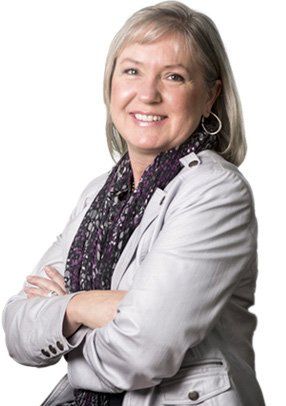What Will Mortgage Financing Look Like In 2021?
There is no doubt that 2020 was one for the books. It will be remembered as a year like no other. COVID-19 has caused significant national economic disruption, to say the least. While we’ve seen government intervention, record unemployment, mortgage payment deferrals, record low-interest rates, we’ve also seen continued growth in the housing market.
So what can we expect as we complete the final quarter in 2020 and move into 2021? Well, low interest rates and increased scrutiny on all mortgage applications are most likely in the cards.
Low interest rates
Right now, both fixed and variable rate mortgage rates are at all-time lows. The cost to borrow money for a mortgage has never been cheaper. According to the Bank of Canada, we can expect them to stay low for the foreseeable future. “Interest rates are very low, and they are going to be there for a long time. Canadians and Canadian businesses are facing an unusual amount of uncertainty, so we have been unusually clear about the future path for interest rates.”
And while low interest rates are a good thing for financing property now, unfortunately, they won’t be as easy to access as in previous years.
More scrutiny on mortgage applications
While we don’t expect lender or insurer guidelines to change much in the coming months, securing mortgage financing in a post-COVID economy has already proven to be harder as lenders apply increased scrutiny to each application. Every mortgage application is being looked at more deeply, and additional documentation is being requested to substantiate your application. Lenders are being more cautious about who they’re lending money to.
If you’re self-employed or rely on overtime, bonuses, or picking up additional shifts to make ends meet, securing a mortgage is going to be more difficult for you. As lenders look at a 2 year average for employment, if you took a hit to your income in 2020, that will impact you in 2021. Any type of non-guaranteed income will be more scrutinized.
If the pandemic impacted your employment and you deferred any payments (credit card, loan, line of credit, or mortgage), expect to be questioned. Lenders will ask for your story; they will want to know why you had to defer payments and how you are now in a better financial position.
Unfortunately, one of the common complaints about getting a mortgage is that it is very document-intensive. Lenders want to see a lot of supporting documents for every mortgage application. And moving into mortgage financing in 2021, you can expect even more requests for supporting documents.
Have a plan in place
So while the housing market continues to grow and low rates make it a good time to buy, the best way to prepare for increased scrutiny and documentation on your mortgage application is to plan ahead.
If your mortgage is up for renewal, you’d like to refinance, or you’re planning on buying a new property, the best thing to do is to get started immediately. Getting together your documents will take time; having a plan on what that looks like is the way to go.
I would love to have a conversation and outline all your options. If you have any questions, please don’t hesitate to contact me anytime!
Recent Posts


CONTACT
Phone or Text:
TF Phone or Fax:
Assured Mortgage Services
Head Office:
4040 Steeles Ave West
Suite 208
Vaughan, ON L4L 4Y5
Phone:
416-934-8555
MORE
Anita Groves Assured Mortgage Services. All Rights Reserved


